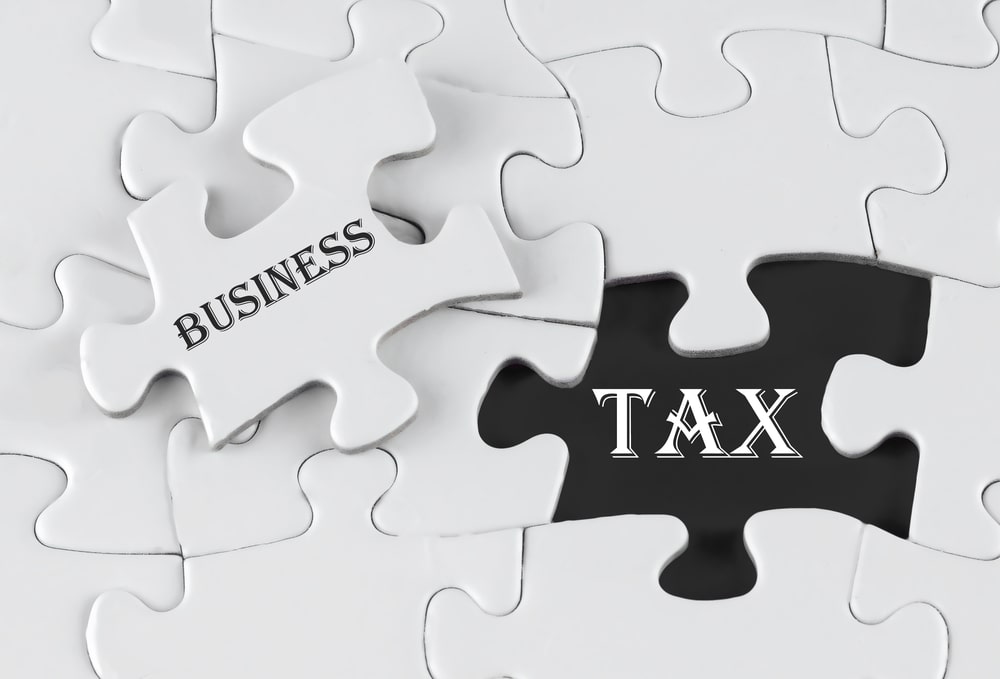As a small business owner, understanding taxation is crucial for the success and growth of your business. However, navigating the complex world of taxation can be overwhelming and intimidating. In this article, we will cover the basics of small business taxation and provide tips on how to optimize your tax strategy for maximum benefits.
Entity Type Matters
The first step in optimizing your small business taxation is selecting the right entity type. Different entity types have different tax implications. The most common types of entities are sole proprietorship, partnership, limited liability company (LLC), S corporation, and C corporation. Each entity type has its own unique tax benefits and liabilities. For instance, sole proprietors and partnerships are not taxed as separate entities, whereas LLCs, S corporations, and C corporations are. Consult with a tax professional to determine the best entity type for your business.
Keep Accurate Records
Keeping accurate records is crucial for small business taxation. Accurate records not only ensure compliance with tax laws but also provide a basis for deductions and credits. Some of the records you should keep include income statements, balance sheets, receipts, invoices, and bank statements. You should also keep a mileage log if you use your personal vehicle for business purposes. Keeping accurate records can help you avoid penalties and reduce your tax liability.
Deductible Expenses
Small businesses can deduct a range of expenses from their taxable income. Deductible expenses include rent, utilities, office supplies, advertising, insurance, and employee salaries. You can also deduct expenses related to business travel, meals, and entertainment. Keep in mind that the rules around deducting expenses can be complex, so it’s important to consult with a tax professional to ensure you are deducting expenses correctly.
Pay Estimated Taxes
Small businesses are required to pay estimated taxes on a quarterly basis. Estimated taxes are calculated based on the income earned and the expected tax liability for the year. Failing to pay estimated taxes can result in penalties and interest charges. It’s important to stay on top of estimated tax payments to avoid any surprises come tax season.
Seek Professional Help
Navigating small business taxation can be challenging, so it’s wise to seek the help of a tax professional. A tax professional can help you understand the tax implications of different entity types, identify deductible expenses, and optimize your tax strategy. They can also assist you in preparing and filing your tax returns.
In conclusion, small business taxation can be complicated, but by following these basic tips, you can optimize your tax strategy and maximize your benefits. Remember to select the right entity type, keep accurate records, deduct eligible expenses, pay estimated taxes, and seek professional help. By doing so, you can stay compliant with tax laws and save money on your tax bill.

